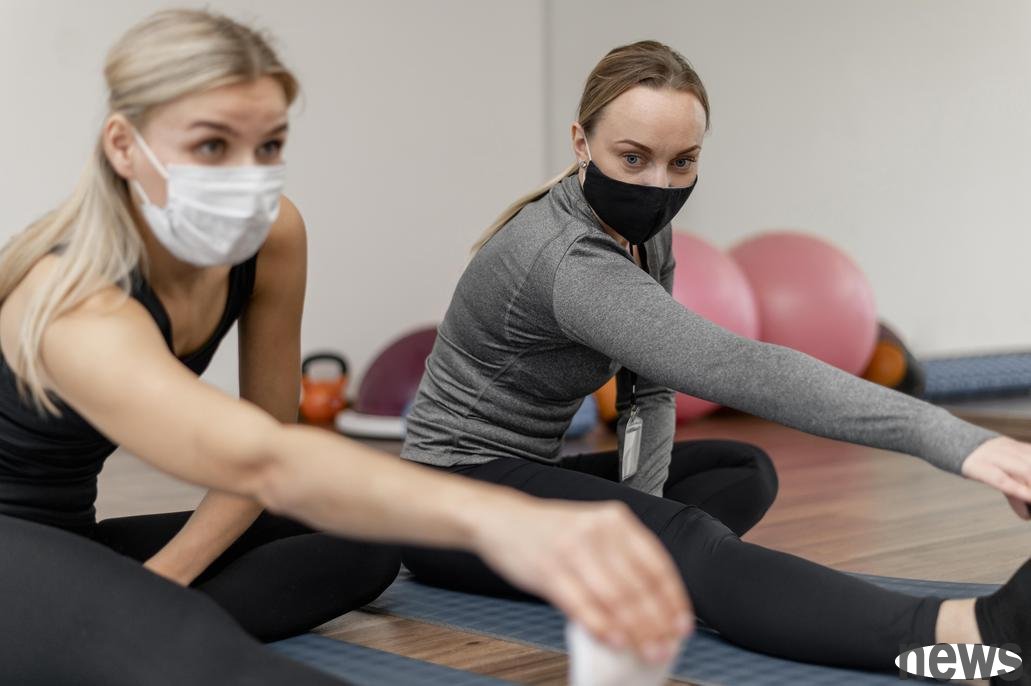
The health benefits are beyond doubt, from strengthening bones and muscles to help manage chronic diseases. Studies have even shown that staying alive may reduce the chance of getting sick. But, when you feel your throat is still in a state of dysfunction? Or, can exercise shorten the duration of colds?
The following are experts' opinions on inappropriate physical exercise:
Can exercise relieve cold symptoms or accelerate recovery?Experts point out that there is no evidence that exercise during illness can help speed up recovery or improve symptoms. Depending on the severity of the symptoms, moving with a cold may cause more pressure on the immune system and make breathing more difficult, especially if you have asthma or other potential health problems.
However, movement can reduce the possibility of future illness. Regular exercise can strengthen and improve immunity and help reduce the risk of infection. Experts say that exercise is a kind of pressure on the body. When you exercise regularly, this pressure becomes more controllable and helps make your immune system stronger and more stable.
Experts remind that excessive force yourself to exercise with high intensity is not a good thing, as it will make your body overwhelm and weaken your immune system.
How to determine whether you can exercise as usual during the illness period?Movement during a cold may not help you recover faster, but this does not mean you cannot move.
Expert supplement, if you are healthy and exercise regularly, you can usually continue to exercise with lower strength. But if you are not very active or are overweight or obese, it is best to rest. When you are in a state of illness, your body is under pressure and forcing yourself to exercise may make the situation worse.
In addition to this, your symptoms are also very important. If you have mild symptoms such as runny nose or nasal congestion, walking or yoga may be OK. If your symptoms appear below the cervical area, such as inflammation, fatigue, muscle pain and cough, experts recommend avoiding exercise, which is usually called "neck test".
Although head inspections are usually helpful, they are not a single mistake. Experts recommend avoiding movement during lower respiratory tract infections, such as pneumonia and branchitis.
When can we start the exercise again?Experts suggest that if you are still coughing or snoring, it is best to jump out of exercise and feel out of breath during your daily activities, and never move against it. In addition, if you still cannot exercise a few weeks after recovery from a cold, you should seek advice from your doctor, as this may indicate a more serious problem.
. If you have gastrointestinal problems, such as abdominal cranium, it is best not to go swimming, as you may bring spore worms into the pool and get water stained.. Avoid group activities and gyms, and avoid spreading the disease to others.
. Reduce exercise strength and exercise time and avoid activities that may make you feel tired and drained. No matter what you do, make sure to reduce the strength of your movement by about 50%.
. Reduce any activities that may cause you to sweat all over to avoid body draining, such as hot yoga.
The most important thing is that when you are sick, you may be able to choose your own exercise, but it is necessary to drink enough water.